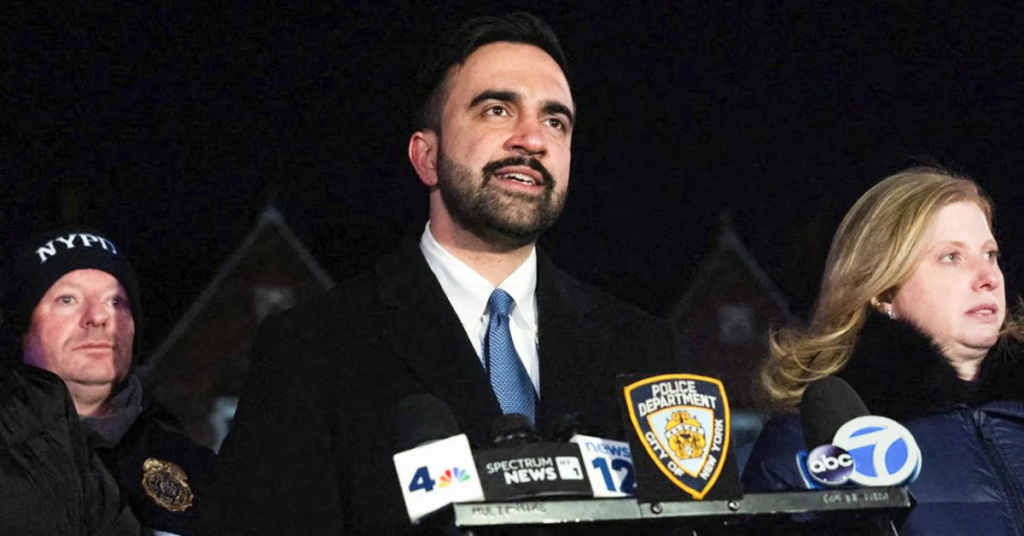Despite President Trump’s public assurances of being in “excellent health” and supportive statements from the White House physician, growing concern is taking shape within Republican circles about his ability to serve a full term.
In April, Trump underwent a comprehensive medical evaluation led by Dr. Sean Barbabella and a team of 14 specialists. Their findings praised his heart, lungs, brain function, and general physical condition. At 78, he was described as physically fit—standing 6′3″ and weighing just over 220 pounds after shedding approximately 25 pounds. His cholesterol levels have also reportedly improved. The report acknowledged only minor sun damage and a scar on his ear—an injury from the 2024 assassination attempt—and concluded that there were no alarming health issues.

But those reassuring figures haven’t quelled some high‑profile doubts. Rick Wilson, a co-founder of the Lincoln Project, recently stated he sees troubling signs in Trump’s public demeanor—frequent digressions, confusing speech, and word‑finding struggles—that he believes resemble early dementia. “He is incoherent,” Wilson said, adding, “Whether he makes it through four years is an open question.”
Wilson isn’t alone. Veteran journalist Timothy L. O’Brien echoed concerns that cognitive screening tests—while useful—don’t always reflect real‑world functioning. He highlighted Trump’s vocal fixation on his father’s decline from dementia and suggested that talk of a third term may stem from a mix of ego and fear, not genuine ambition.
This April’s in‑depth health disclosure also marks a shift. Unlike the broad, vague updates in 2016 and 2020—consisting primarily of glowing letters from physicians like Dr. Ronald Jackson—this report was detailed, including neurological assessments and cognitive evaluations. It followed mounting public pressure for transparency.

Yet despite the level of detail, skepticism remains. Wilson argues that full cognitive clarity can be illusory—”There are an awful lot of professionals…saying this is what we see in early dementia cases”—and notes that passing a screening test doesn’t guarantee day‑to‑day mental sharpness.
For now, the president’s health summary may have brought relief to supporters. But for critics like Wilson and O’Brien, it raises more questions than it settles. Whether Trump can reliably maintain the intense demands of the presidency through a full term remains a matter of intense debate—and one their camp insists voters should watch closely.



